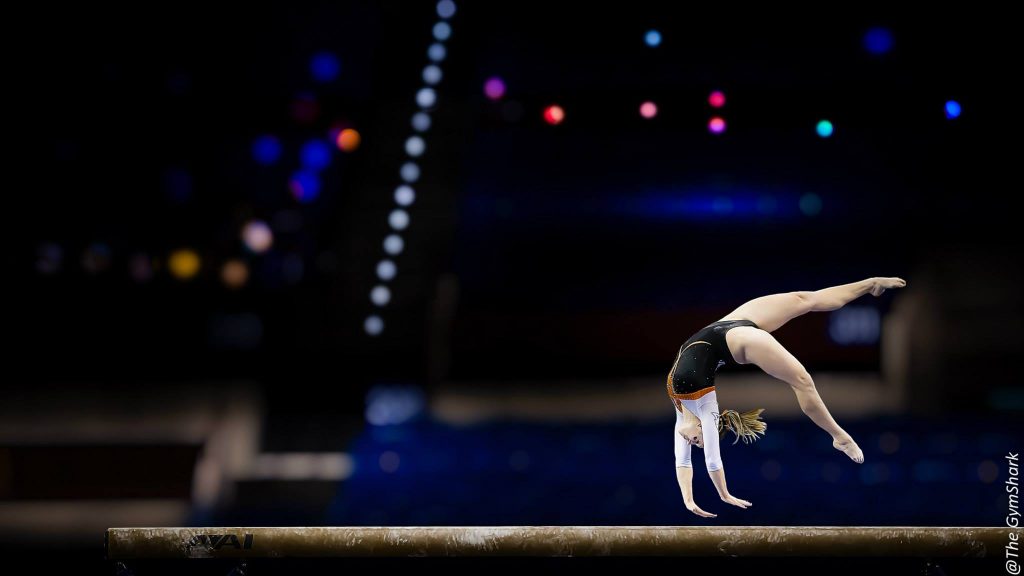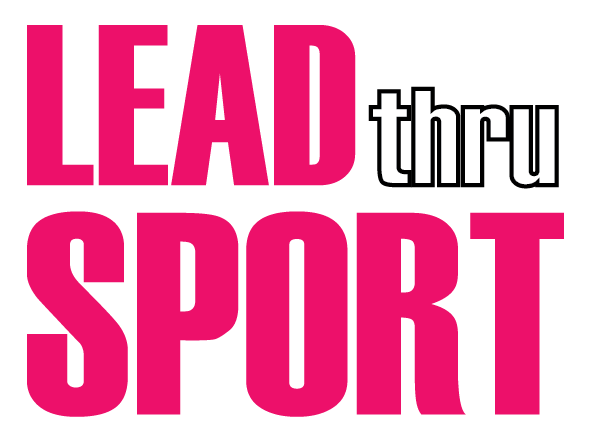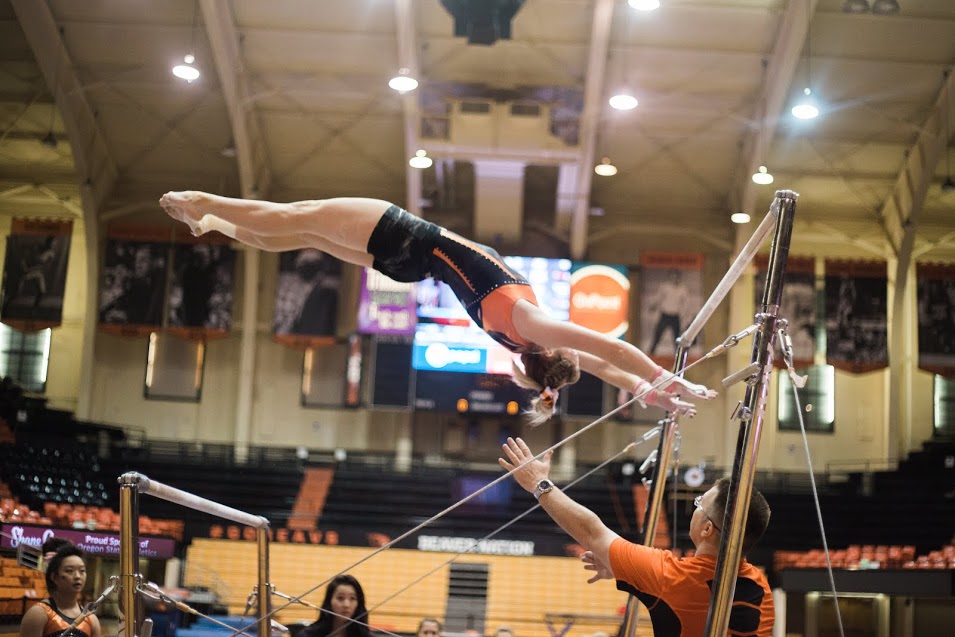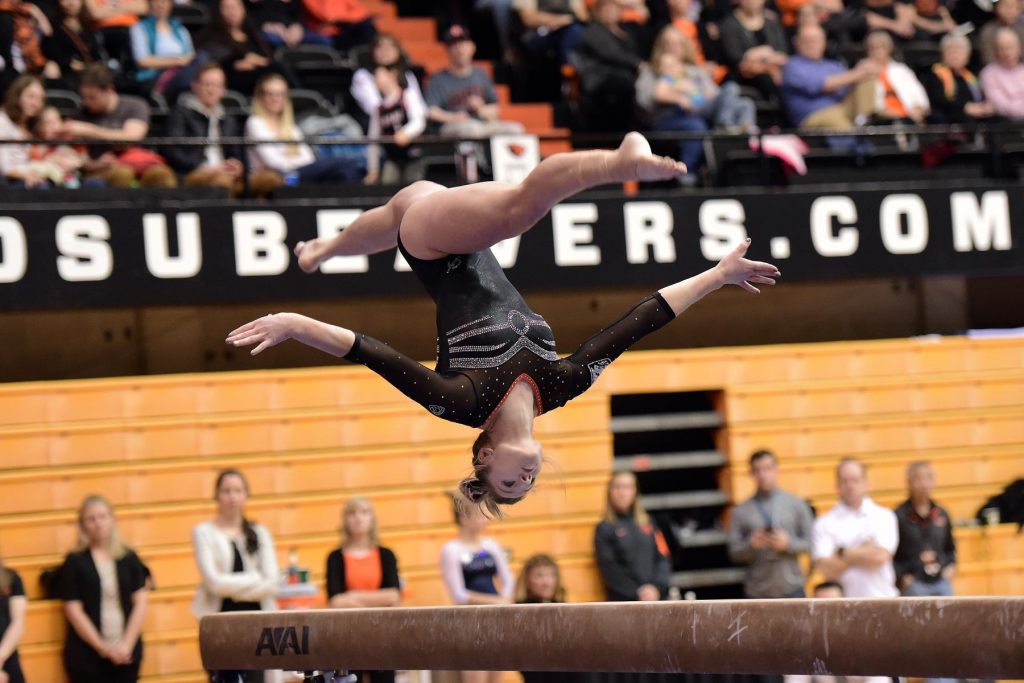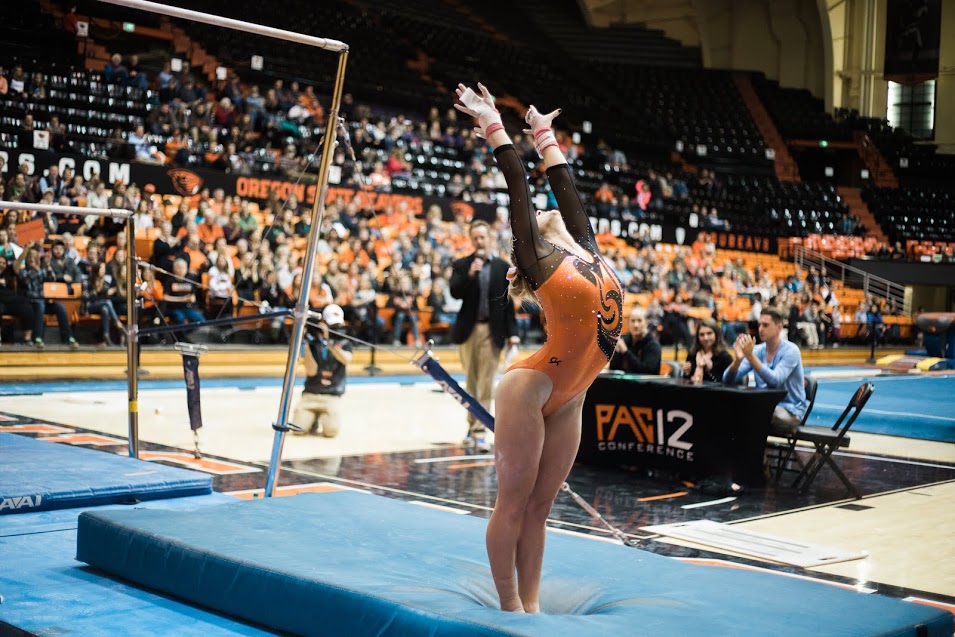
WEEK #3: MADELINE G.
Please tell us a little bit about yourself.
My name is Madeline Gardiner, but everyone calls me Maddie. I’ll be turning 26 this year. I’m from Cambridge, Ontario and started gymnastics at 3 years old. I loved the sport and loved the people I trained with! I started on the Canadian National team when I was 11 and continued on it until I turned 18. In that time, I trained 25 hours a week along with my normal classes, and I travelled all over the world to compete. I competed in World Championships, Pan American Championships, and helped qualify a team for the 2012 Olympics Games for Canada – where I was an alternate and travelled to London with the team. After that, I received a full ride scholarship to Oregon State to compete on their gymnastics team and absolutely LOVED it (I was very unsure of college gymnastics before starting it). I competed in every meet of my 4-year collegiate career and was a 6 time All American. I won Female Athlete of the Year my freshman year, which was really cool. I also won Pac-12 Scholar Athlete of the Year, which takes athletics, academics, community service, etc. into account which was very important to me. (I have attached a link to my OSU bio if you’d like to check it out). Oregon State is where I fell back in love with the sport.
I was also fortunate enough to have the chance to travel to the Dominican Republic with a group of student athletes from Oregon State in 2016 to help harvest and replant Yucca in a small town in Los Lagos as a service trip to give athletes the opportunity to volunteer and help others.
How did sport inspire the work you do today?
After I graduated from Oregon State (with a Bachelors in Kinesiology and a minor in Medical Humanities) I went to University of Toronto and graduated with a Bachelors degree in Nursing and have been working at my local hospital for about six months now as an Registered Nurse.
I have always been passionate about sports and staying active, and some of the ways I’ve done that after retiring from gymnastics are fitness classes, rock climbing, archery classes and line dancing. While I was at Oregon State I volunteered with a retired anesthesiologist, Dr. David Blatt, at his Exercise Class for People with Parkinson’s, where I had the opportunity to see firsthand how physical activity (things as easy as skipping or dribbling a basketball) had positive impacts on those diagnosed with Parkinson’s Disease. When I graduated and moved back to Toronto, I became a member of the Exercise is Medicine club at University of Toronto to continue to share my passion. I became the co-president of the club my second year at the University of Toronto while finishing up my nursing degree.
What lessons did you learn in sport that can be applied to your daily leadership?
One of the things I loved about my journey in gymnastics is the people it brought me. I met so many wonderful, talented, passionate people in the sport and in my travels with it. Those people are a big factor in my success. They supported me, motivated me, and inspired me to be better and do better, even when I felt as though I couldn’t continue, especially my family and my teammates at Oregon State.
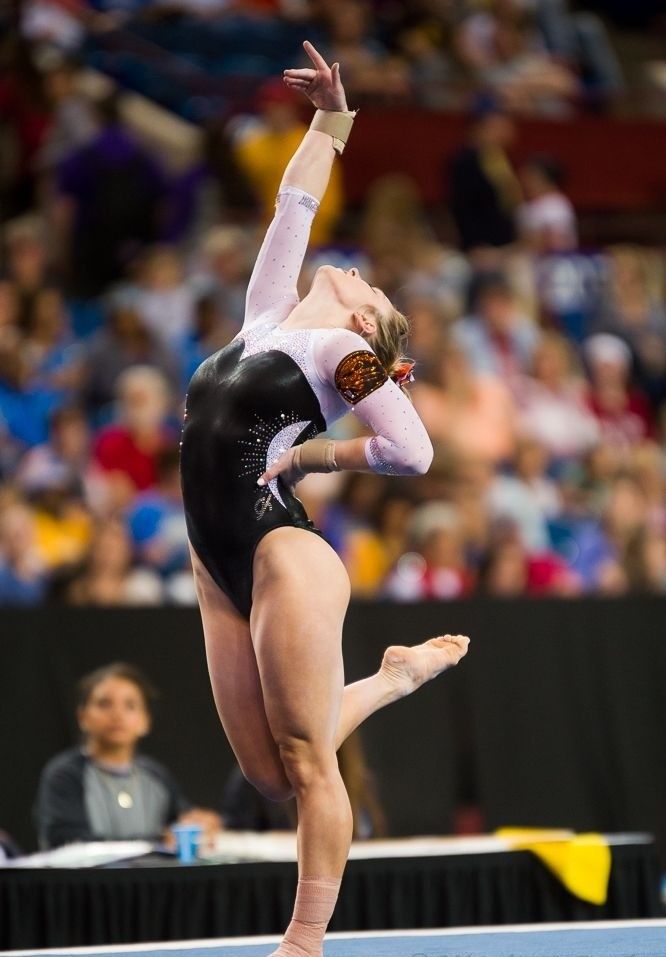
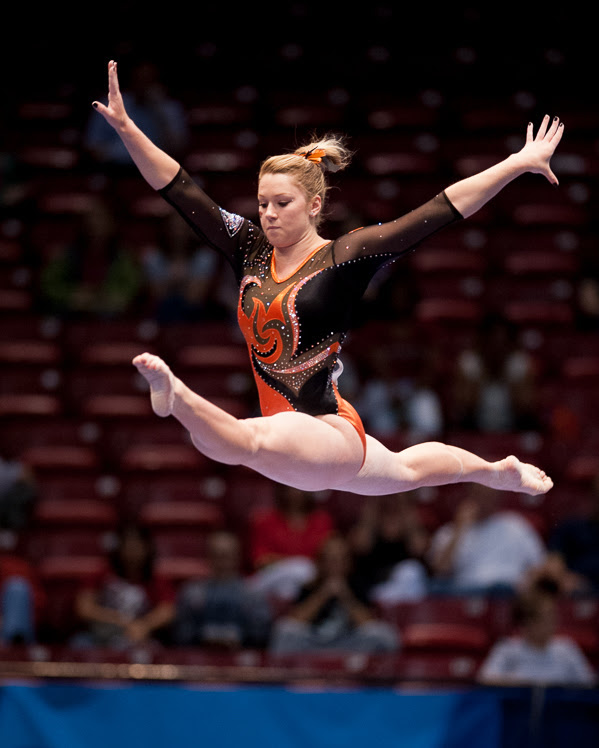
As for what drove me to train every day and compete, the sport of gymnastics itself is truly amazing. I loved the feeling of strength when I took off for a difficult tumbling pass, or the feeling of flying when transferring between the bars. The precision required on beam and the feeling when I finally stuck that dismount I practiced hundreds of times. Gymnastics is challenging both physically and mentally and I looked forward to that challenge, it was never boring for sure!
I am a strong believer in sports ability to shape people and their lives. Gymnastics taught me countless lessons in dedication, strength, perseverance, and almost any other positive trait you can think of. It gave me confidence, taught me the value of hard work, and showed me what discipline looks like. These are all things that I carry with me into my nursing career, where I am responsible for people’s lives.
What advice do you have for parents, coaches or sport administrators to improve inclusion in sport?
In terms of advice on inclusion in sport, there are a few things that are important to me. The first is to never force participation. Forcing someone to do a sport of physical activity tends to create a negative attitude and decreases the likelihood that someone will continue that sport or physical activity in the future. I’m also a big believer in providing variety, letting people explore different types of sport or activity for themselves. My parents put me in soccer, swim lessons, gymnastics, and ballet as a kid and I was lucky enough to have their support in whatever I chose to do, without ever being forced into any specific sport. Within a sport variety can be provided as well. Gymnastics is a very individual sport and my coaches were wonderful in allowing me to try various skills and routines to find what worked best for me versus for my team mates.
Lastly, sport and activity require compassion, encouragement, and patience from coaches, administrators, parents and athletes themselves. Creating an environment for athletes to grow, explore and try new things is incredibly important in fostering inclusion.
Five words that describe me are:
DEDICATED | COMPASSIONATE | CONFIDENT | ADVENTUROUS | HARDWORKING
